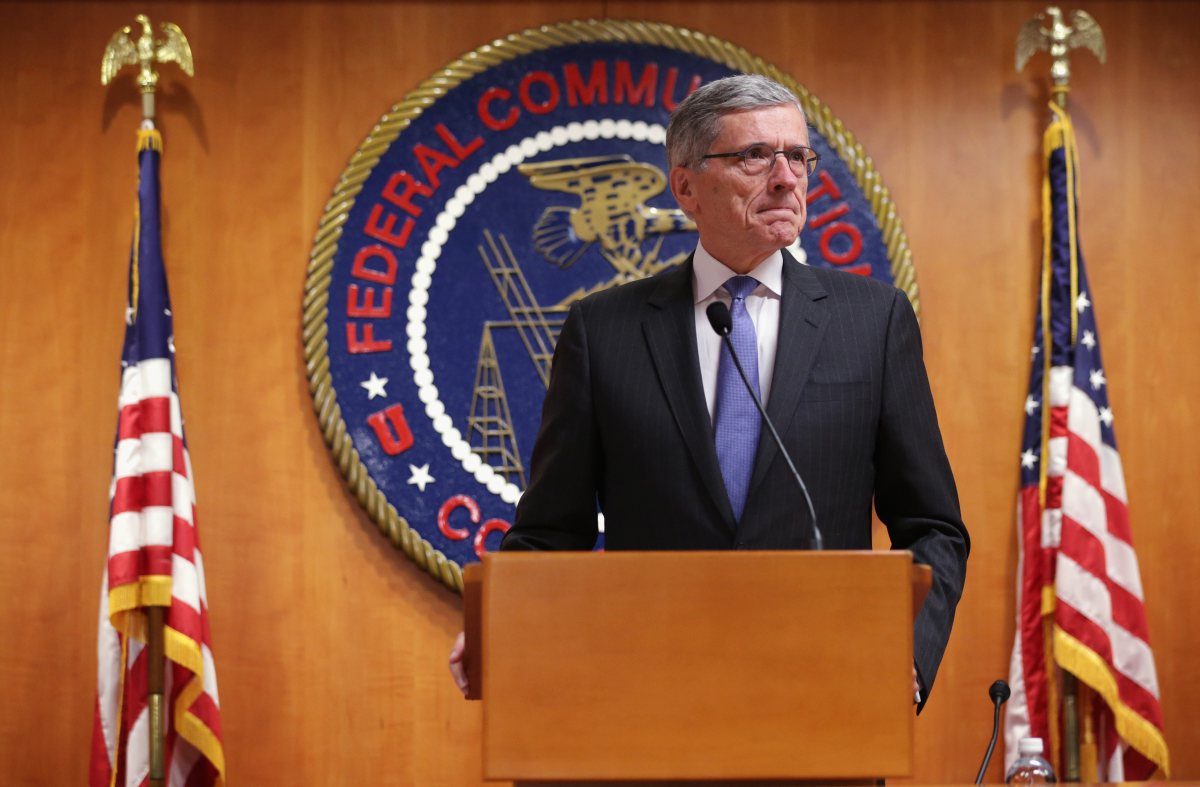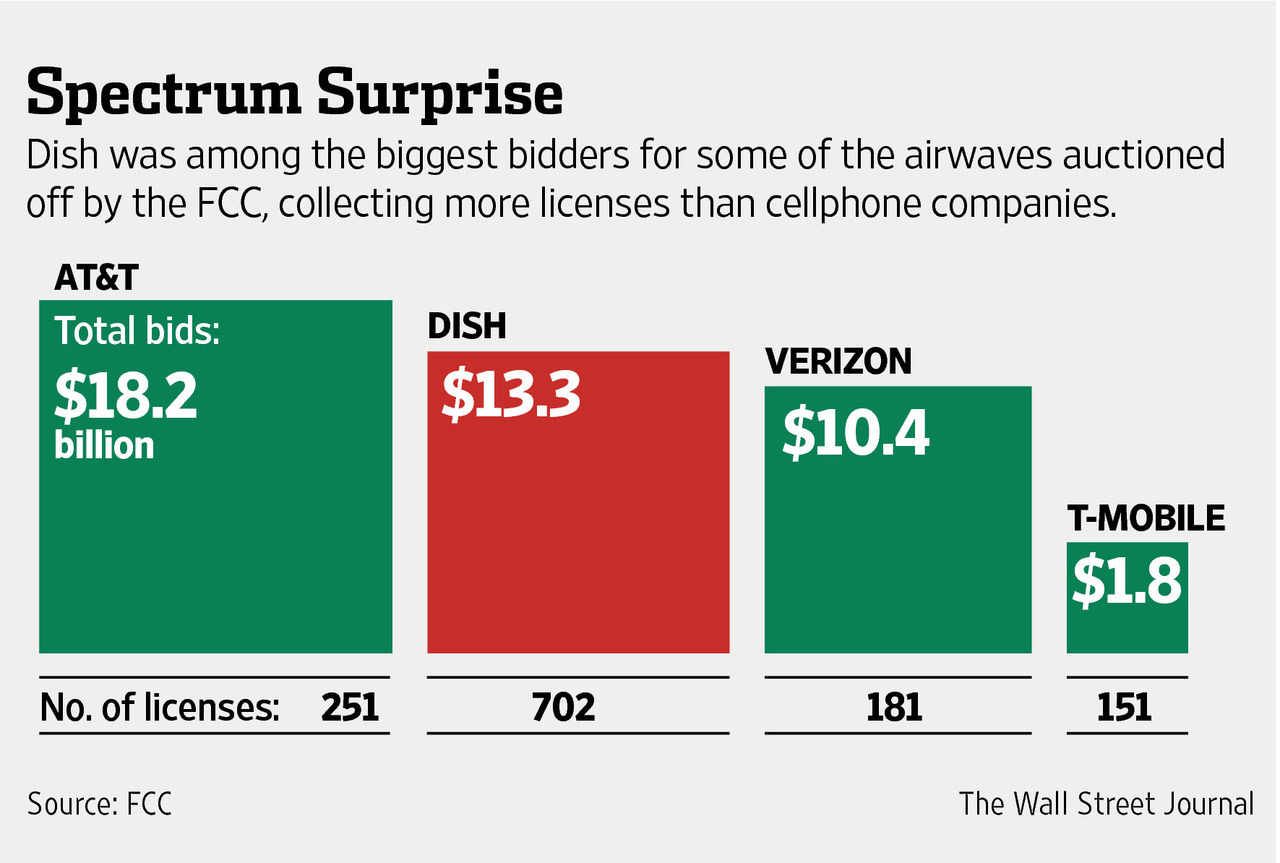Affiliate links on Android Authority may earn us a commission. Learn more.
Carriers just torpedoed their strongest argument against net neutrality
Published onJanuary 31, 2015

Several months ago, AT&T threatened the Federal Communications Commission (FCC) that they were thinking of withdrawing from the upcoming spectrum auction if the FCC imposed rules that didn’t allow carriers like AT&T to purchase and hoard significant chunks of spectrum. According to AT&T, these restrictions “might” not allow them to purchase enough spectrum to make the investment worthwhile.
As AT&T has warned us on multiple occasions the last few months, the issues of net neutrality and Title II classification were going to “lead companies to stop investing in new network capacity.”
Additionally, Verizon CFO Fran Shammo has made it a point to tell everyone that classifying broadband access under Title II would be “an extreme and risky path that will jeopardize our investment and the development of innovation in broadband Internet and related services.”
So, let’s see how correct both AT&T and Verizon were when it came to the recent spectrum auction:
The FCC’s AWS-3 auction really brought in the cash… After 341 rounds of bidding closed yesterday, the total price tag apparently came to $44.899B, nearly four and a half times the reserve price and twice what observers had been expecting. – TelecomRamblings
The auction was the first major sale of spectrum by the FCC in over six years.
- AT&T spent $18.2 billion for 251 licenses
- Verizon spent $10.4 billion for 181 licenses
- T-Mobile US spent $1.8 billion for 151 licenses
- Sprint didn’t participate

So, essentially, AT&T and Verizon are full of it whenever they complain to the FCC about net neutrality and its effect on network investment. In fact, as the Wall Street Journal notes, AT&T paid the most for a single license by spending $2.8 billion for one license in New York City.
The bottom line is that there is no reason that these companies will stop investing in network expansions. Net neutrality has proved no deterrent to network investment.